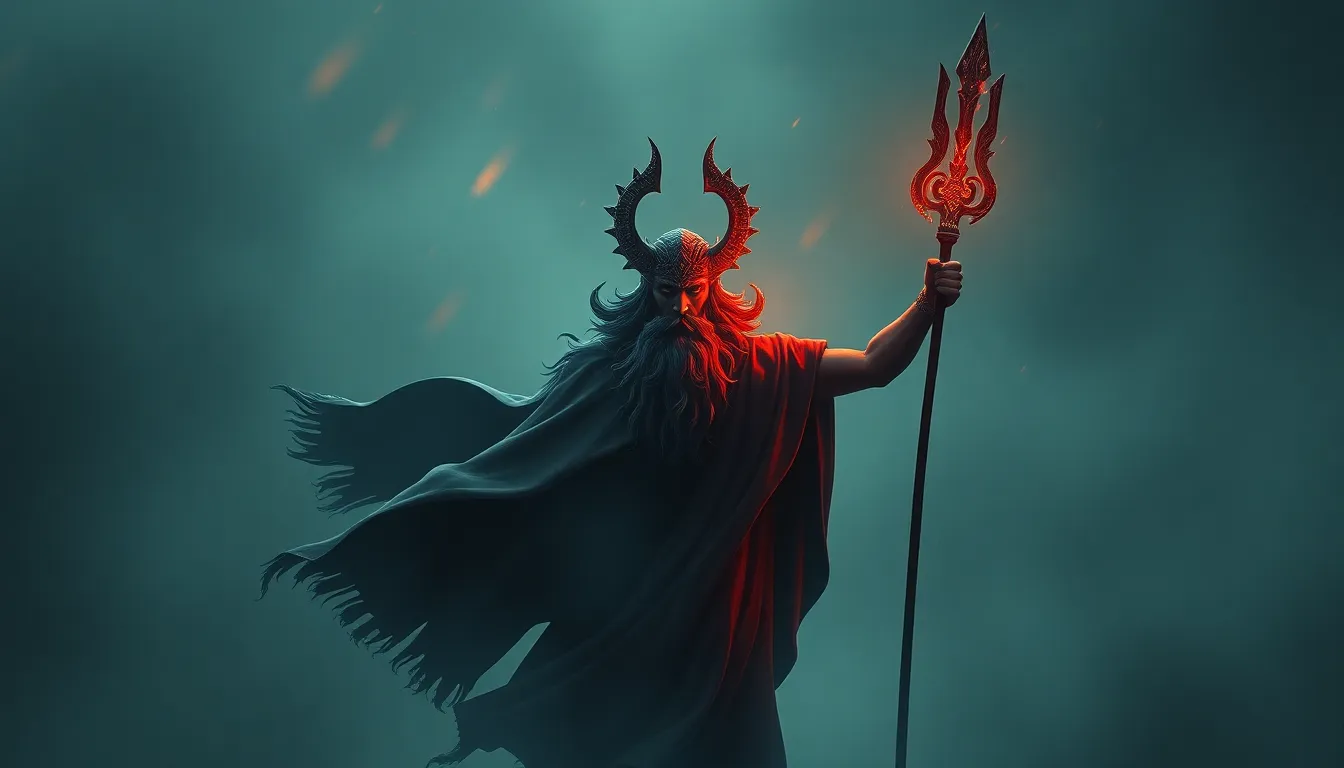Introduction
Throughout African history and across diverse cultures, masks have held immense significance in mythological rituals, serving as potent symbols that transcend their physical forms. They embody spiritual entities, represent ancestors and deities, and facilitate transformations, playing a vital role in preserving cultural traditions and shaping collective identities.
Historical and Cultural Significance of Masks in Africa
The use of masks in Africa dates back to ancient times, with evidence of their presence in archaeological findings and oral traditions. Masks have been an integral part of African societies, serving various purposes in different ethnic groups. They have played a central role in rituals, ceremonies, and performances, often embodying mythological figures and serving as a bridge between the physical and spiritual realms.
Types and Functions of Masks in Mythological Rituals
African masks exhibit a vast array of forms and styles, reflecting the diversity of cultural traditions. They can be categorized based on their materials, construction techniques, and symbolic meanings. Some common types include:
- Animal masks: Represent specific animals, embodying their powers and attributes.
- Human masks: Depict human faces, often representing ancestors or mythical beings.
- Abstract masks: Feature non-representational designs, symbolizing spiritual concepts or forces.
Each type of mask serves specific functions within mythological rituals:
- Spirit embodiment: Masks allow individuals to embody spirits, deities, or ancestors, representing their presence and facilitating communication.
- Symbolic representation: Masks act as visual symbols, conveying complex ideas, narratives, and cultural values.
- Ritual performance: Masks are used in dances, performances, and ceremonies, bringing mythological stories to life and connecting participants with the spiritual realm.
Animal Symbolism and the Power of Transformation
Animal masks are prominent in African mythology, embodying the powers and characteristics of specific animals. These masks represent the animal's spirit, enabling individuals to connect with its essence and access its abilities. For instance, lion masks may symbolize strength, courage, and leadership, while antelope masks represent speed, agility, and grace. Through these masks, participants can transform themselves, embodying the animal's traits and harnessing its energy.
Masks in Healing and Purification Ceremonies
Masks play a pivotal role in healing and purification rituals. In many African cultures, illness is believed to be caused by spiritual imbalances or the presence of evil spirits. Shamans or healers utilize masks to represent these spirits, allowing them to interact with the patient and remove the afflicting forces. Masks also symbolize the power of purification, cleansing individuals from negative energies and restoring their spiritual well-being.
Masks in Initiation and Coming-of-Age Rituals
Masks are frequently used in initiation and coming-of-age rituals, marking significant transitions in an individual's life. These masks represent the passage from one stage of life to another, embodying the wisdom, knowledge, and responsibilities that come with adulthood. Through masked performances and rituals, initiates are symbolically transformed, shedding their childhood identities and assuming their new roles within the community.
Preserving Cultural Traditions and Identity through Masks
Masks serve as powerful symbols of cultural traditions and identity in Africa. They embody the history, beliefs, and values of a particular community or ethnic group. By preserving and passing down these masks, communities ensure the continuity of their cultural heritage and strengthen their sense of belonging. Masks are often displayed in museums and cultural centers, showcasing the artistic and cultural diversity of Africa and fostering appreciation for its rich mythological traditions.
Conclusion: The Enduring Relevance of Masks in African Mythology
Throughout history, masks have been an integral part of African mythology, serving as powerful symbols that connect individuals with the spiritual realm and facilitate transformative experiences. They embody ancestors, deities, and animal spirits, representing the rich tapestry of African cultural traditions. Through rituals, performances, and ceremonies, masks continue to play a vital role in preserving cultural heritage, fostering spiritual connection, and shaping collective identities in Africa.
FAQ
What is the purpose of masks in African mythology?
Masks in African mythology serve various purposes, including spirit embodiment, symbolic representation, ritual performance, healing and purification, and preserving cultural traditions and identity.
What types of masks are common in African mythology?
Common types of masks include animal masks, human masks, and abstract masks, each with its own symbolic meanings and functions.
How are masks used in healing and purification rituals?
Masks represent spiritual entities and allow healers to interact with them, removing afflicting forces and restoring spiritual well-being.
What significance do masks have in initiation and coming-of-age rituals?
Masks represent the transition from one stage of life to another, embodying the wisdom, knowledge, and responsibilities that come with adulthood.
How do masks contribute to the preservation of cultural traditions in Africa?
Masks serve as powerful symbols of cultural traditions and identity, embodying the history, beliefs, and values of a particular community or ethnic group.




